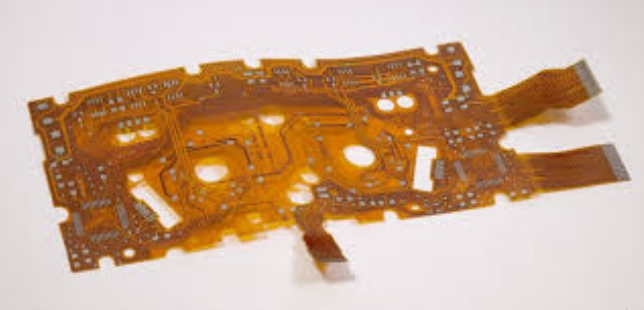
In the dynamic landscape of electronic design, where innovation meets precision engineering, Rigid-Flex PCBs have emerged as a transformative force, revolutionizing the way we approach circuitry in electronic devices. The unique amalgamation of rigid and flexible components within a single printed circuit board opens up a realm of possibilities, offering advantages that extend far beyond the capabilities of traditional PCBs. As we embark on this exploration of Rigid-Flex PCBs, we delve into the key advantages that make them a cornerstone in modern electronic design. From space optimization to enhanced reliability, these versatile boards are reshaping the future of electronic systems, particularly in the realm of portable devices. Join us on a journey through the intricacies of Rigid-Flex PCBs, where innovation and adaptability converge to redefine the boundaries of electronic design.

Using Rigid-Flex PCBs in electronic design offers several key advantages:
Space Optimization:
Rigid-Flex PCBs enable three-dimensional layouts, allowing for efficient use of space in electronic devices. This is particularly crucial in compact and miniaturized designs.
Flexibility and Durability:
The flexible components of Rigid-Flex PCBs enhance their durability by reducing the need for connectors and solder joints. This flexibility also allows them to withstand mechanical stress, making them suitable for applications with frequent movement.
oThe elimination of additional connectors and cables results in a reduction in overall weight. This is particularly advantageous in applications where weight is a critical factor, such as aerospace or portable electronic devices.
Enhanced Reliability:
Rigid-Flex PCBs typically have fewer interconnects, reducing the risk of connection failures. This enhances the overall reliability of the electronic system, especially in applications where vibrations and mechanical stress are common.
Streamlined Assembly:
The integration of multiple rigid and flexible layers into a single PCB reduces the number of individual components, simplifying the assembly process. This can contribute to faster manufacturing cycles and reduced assembly costs.
Design Flexibility:
Rigid-Flex PCBs offer greater design flexibility compared to traditional rigid PCBs. Engineers can design complex, space-efficient layouts that conform to the shape of the device, allowing for more innovative and creative designs.
Cost Savings in the Long Run:
While the initial manufacturing cost of Rigid-Flex PCBs may be higher than traditional PCBs, the overall cost of the electronic system can be lower due to reduced assembly and maintenance costs, as well as improved reliability.
Improved Signal Integrity:
The shorter interconnections and reduced parasitic effects in Rigid-Flex PCBs contribute to improved signal integrity. This is crucial in high-frequency applications where signal quality is a critical factor.
Environmental Resistance:
Rigid-Flex PCBs can be designed to be resistant to environmental factors such as moisture, chemicals, and temperature variations. This makes them suitable for applications in harsh operating conditions.
Versatility in Design:
Rigid-Flex PCBs allow designers to incorporate a combination of rigid and flexible areas, providing versatility in accommodating different components and meeting specific design requirements.
In summary, the key advantages of using Rigid-Flex PCBs lie in their ability to optimize space, enhance durability, reduce weight, improve reliability, streamline assembly, provide design flexibility, offer long-term cost savings, ensure signal integrity, resist environmental factors, and support versatile designs. These characteristics make them a preferred choice for various electronic applications.